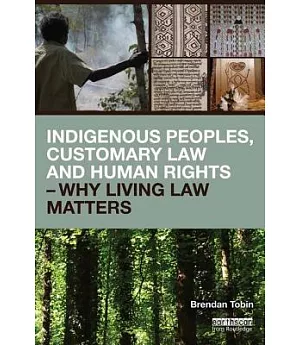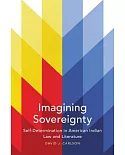"This highly original work demonstrates the role and importance of customary law as the primary source of law for indigenous peoples all over the world. The book reviews the relationship
between customary, positive and natural law from the time of Plato up to the present day. It examines its recognition in constitutional law and in international human rights and environmental
instruments. The author analyses the role of customary law in tribal, national and international governance of indigenous peoples’ lands, resources and cultural heritage. He explores the
challenges and opportunities for its recognition by courts and alternative dispute resolution mechanisms, including issues of proof of law and conflicts between customary practices and human
rights. It concludes that indigenous peoples’ rights to their customary legal regimes and states’ obligations to respect and recognise customary law, in order to secure their human rights, are
principles of international customary law, and as such binding on all states. At a time when the land and resources of indigenous peoples are increasingly under threat, the book provides an
accessible overview of the key issues for both legal and non-legal scholars, students of human rights and environmental justice, andindigenous peoples themselves"--


